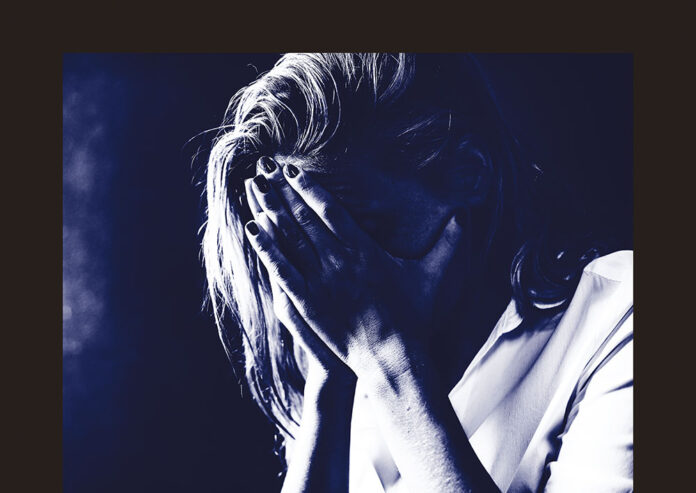A MEELICK-based woman has outlined the significant benefits of a recovery support programme for Clare mothers and children who have suffered from domestic violence.
TLC Kids Barnardos co-ordinator for Limerick and Clare, Valerie Gleeson said no-one can underestimate the importance of giving children an opportunity to outline what has happened in their home.
TLC Kidz is a 12-week group work recovery programme run by Barnardos for mothers and their children who have experienced domestic abuse.
She believes the programme is hugely beneficial for all participants as children no longer feel alone, they don’t feel responsible and there is no longer an “elephant in the room”.
“I feel very humbled to be in a position to support families as the outcomes are phenomenal for them. Everyone gets something out of the recovery process,” Valerie told The Champion.
Not only is it important to listen to children, she said it is also important to present their voices at a national level where children are defining domestic abuse for themselves.
The programme delivers the TLC Kidz group work concurrently for children and their mothers on the same week.
It is provided by professionals working in cooperation with a number of different agencies and different disciplines across the Limerick and Clare areas.
Themes and concepts introduced each week to children are also discussed in the mother’s group sessions.
The focus throughout is to support women in the knowledge of how to best help their child in healing from the impact of abuse.
Ms Gleeson explained the aim of the children’s group is giving the child the space to talk about and share their experience with other children aged six to 16 who have gone through similar domestic abuse.
“A lot of these children wouldn’t have been asked how they were feeling about this and explore their feelings. A very important part of that is validating their experiences and giving them the space to process exactly what has happened.
“This can be very difficult for a child depending on their age and stage of development.
The biggest thing for any child is they are ready to talk about what has happened in their lives.
“Children talk about their bones aching or being physically and mentally unwell from the impact of abuse.
Typically, a children’s group would comprise between six to eight children with two facilitators. Siblings are included in different groups and children of similar ages are kept together.
Weekly themes include breaking the silence that “hurting” happens in families, understanding and expressing anger, developing a personal safety plan and understanding responsibility.
“Responsibility comes up for all age groups in terms of how a child is affected and impacted. The responsibility children feel can be huge and overwhelming sometimes.
“A child may feel ‘did I do something wrong or make my daddy cross’. They can feel very conflicted because they love their mum and dad.
“One of the positive outcomes is children no longer feel responsible because we have worked through that.”
Separation must have occurred and the perpetrator no longer resides at the family home.
For the mothers’ group, she outlines the emphasis is on helping them to have a greater understanding about the impact of domestic violence has had on them.
She outlines the programme will help the mother to acknowledge while a child may not have witnessed domestic abuse, a child may have seen their mother with a black eye, very upset, withdrawn or not able to get out of bed.
It provides a space for mothers to share their experiences with other mothers in the same boat and works at helping the mother to recovery and heal in a safe way together with their children as a family.
In September 2019., the Meelick woman was appointed co-ordinator to develop services across Limerick and Clare, having worked for Barnardos for about 15 years in various different roles.
She stressed that this programme depends on an inter-agency co-operation, as it is very much a community-based response.
In Clare, staff involved on the programme work together with public health nurses, Clarecare Ennis, Clare Haven Services Clare and Tusla to facilitate a shared response to the needs of a mother and her children.
A lot of the programmes were delivered online due to Covid-19.
She confirmed coercive control is emerging as a strong theme from mothers who have suffered from domestic abuse.
“Fear is a huge thing that mothers and children experienced when they were living with domestic violence. Children found themselves waiting for an incident to happen.
“There is a continuous fear and uncertainty of what is going to happen next.
“Mothers speak about humiliation while they were left in that situation.”
Supervision and support throughout the programme is provided to facilitators who may be affected by hearing some very sensitive distressing information.
For further information contact Valerie Gleeson on 086 0453985 or email valerie.gleeson@ barnardos.ie
by Dan Danaher

